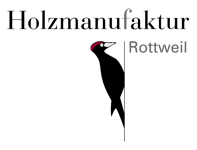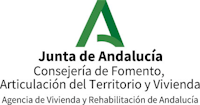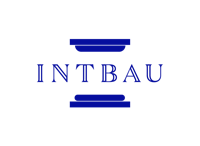FuturHist
EU HE FuturHist: An integrated typology-based approach to guide the future development of European historic buildings towards a clean energy transition
- Deutsch
- English
- Italiano
- Project duration: -
- Project status: ongoing
- Funding: Horizon Europe (EU funding / Project)
- Institute: Institute for Renewable Energy
The process of future proofing the built heritage faces the paradox of needing standardised approaches but having a heterogeneous stock with very specific needs. FUTURHIST will rely on the identification and characterisation of local uniform building typologies, as a lowest common denominator, to develop tailored intervention approaches that can be standardised and replicated in all buildings of that category with minor modifications. The standardised approach will then serve as a basis for the adaptation to other typologies in the same context (climate, regulations, etc.) or even similar typologies (in terms of materials, configuration, etc.) in different contexts.
Although considerable progress has been done in recent years in terms of development of materials and solutions compatible with conservation of historic buildings, several challenges remain still open. FUTURHIST will develop both passive and active solutions with a focus on an efficient use of energy and resources, improved wellbeing, enhanced durability, revalorization of existing materials and techniques, integration of renewable energy systems, and smart solutions for decarbonising heating, cooling, and ventilation. Mentioned here, just as examples, be a clay-biochar-insulation, self-healing lime plaster and hybrid original-vacuum glazing.
Demonstration is at the core of the project. The solutions developed as well as the approach will be implemented and tested in four cases in Spain, Poland, Sweden, and the UK. The diversity and geographical distribution of the demo cases will ensure the validation under different climates, construction typologies and socio-economic environments. The demo case owners, as members of the consortium, will facilitate a rapid uptake of the results to be implemented in their large portfolios immediately after the completion of the project. Moreover, the involvement of heritage authorities and partnership with ICOMOS and INTBAU will ensure trust and widespread replication.

















